Published On October 5 , 2023

Metal roofing has become a popular choice for most homes and commercial properties, except those with extremely flat roof pitches. Contrary to popular belief, not all metal roofs have a distinctly metallic appearance. Today, there are shingle-style metal roofing products that closely resemble traditional asphalt shingle roofs. If you’re curious about the advantages of metal roofing, here are 10 key points to consider.
Metal Roofs Are No Longer Just a Luxury
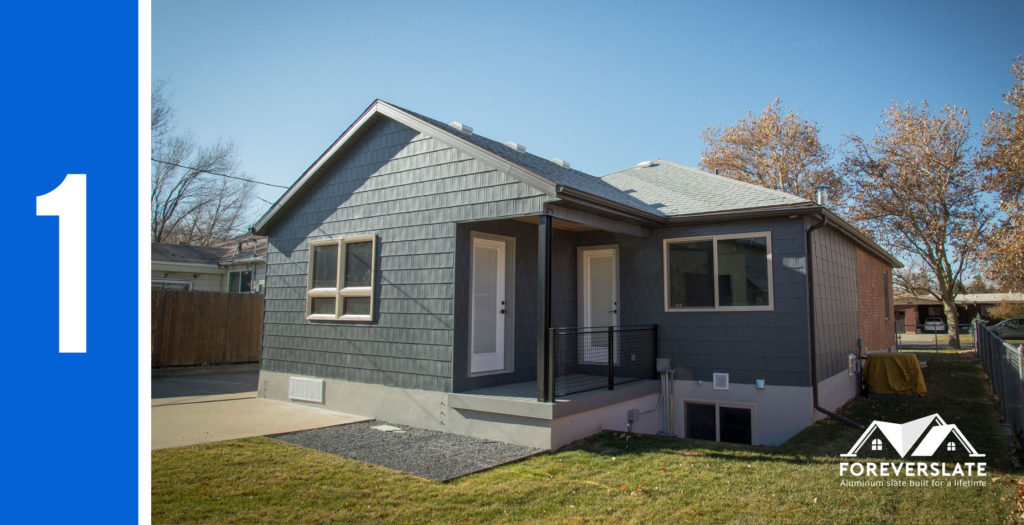
In the past, metal roofing was primarily associated with high-end, architect-designed homes. However, this is no longer the case. Metal roofing has become increasingly common in conventional houses, thanks to greater accessibility and improved manufacturing techniques. According to industry data from 2017, the market share for metal roofing experienced an annual growth rate of approximately three percent for several years, with metal roofing materials being used in approximately 15 percent of all roofing installations. Meanwhile, the market share for asphalt shingle roofing declined, accounting for roughly 59 percent of total roofing installations.
Metal Roofing Can Be Installed Over Existing Roofs
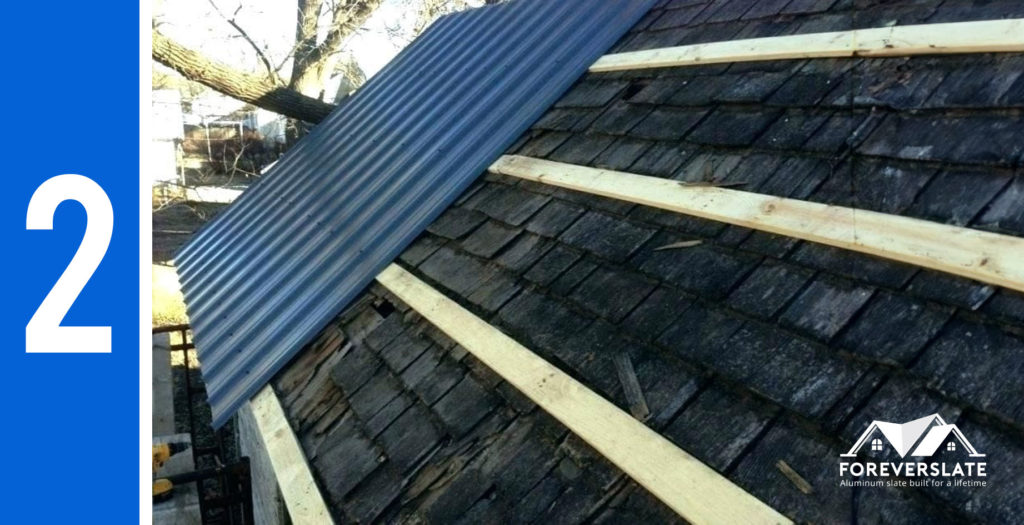
Installing metal roofs over your existing roof is possible without the need to remove shingles, as long as it complies with local building codes. While it is generally preferred to remove the shingles, the tear-off process can be messy and increase the overall project cost.
One potential issue with this type of installation is the possibility of trapped water vapor. If moisture becomes trapped between the metal roofing and the old roofing, it can lead to mold and rot. However, roofers can address this concern by installing a vented metal roof system, effectively eliminating this problem. Alternatively, placing the new metal roofing over furring strips (such as 1 x 3s) will raise the metal and create a ventilated air space between the layers.
Before proceeding with the installation of a metal roof directly over old shingles, it is crucial to consult local building codes. Some jurisdictions may require a full tear-off whenever a new roof is installed.
Metal Roofs Are Not Louder Than Asphalt Roofing
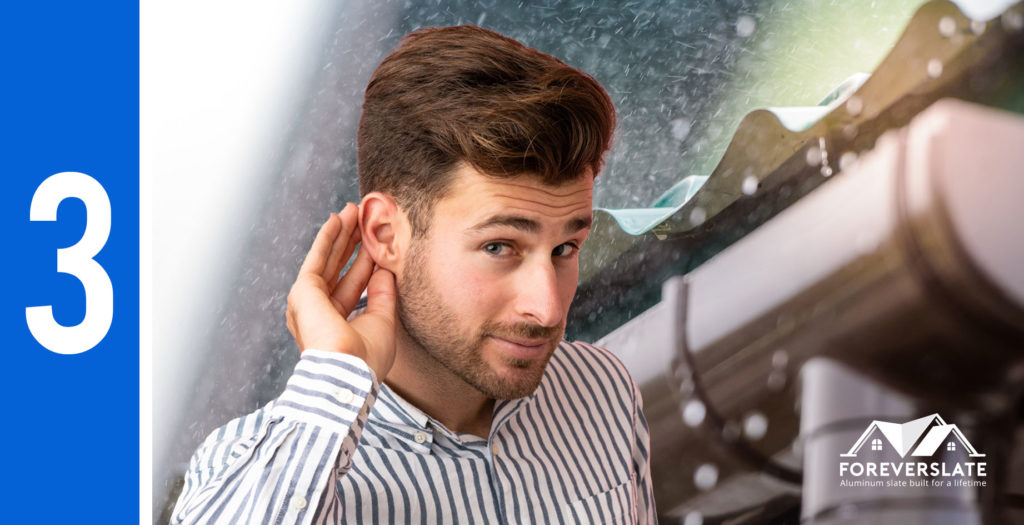
There’s a prevalent misconception that metal roofs generate more noise when exposed to rain or hail, but the truth is that when properly installed, metal roofing is no louder than any other roofing material. Metal roofing is typically installed over a solid substrate, and the presence of attic space and insulation serves as an effective sound barrier. Inhabitants of interior living spaces rarely notice any significant increase in sound levels when a metal roof is in place.
Metal Roofing Can Be a More Economical Choice
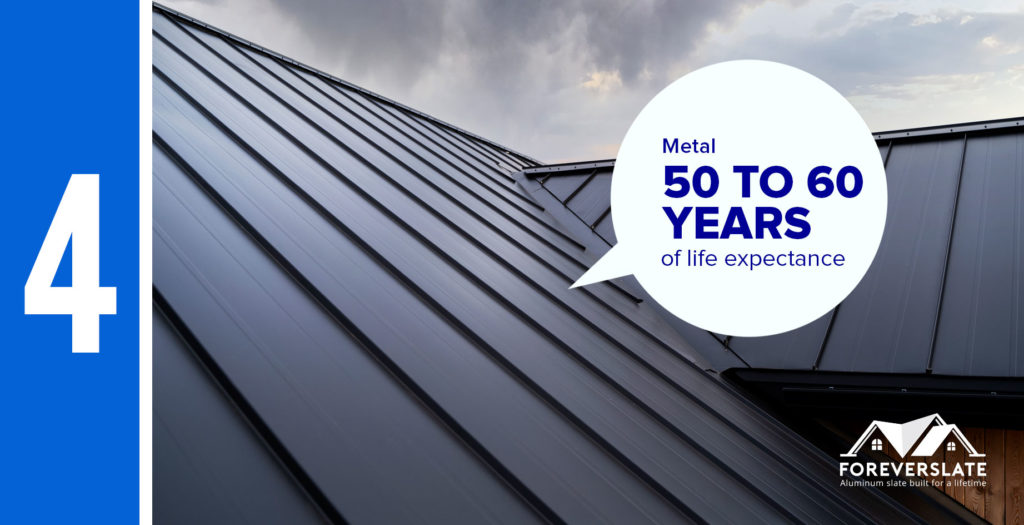
While most metal roofing products come with warranties that are on par with the best asphalt shingles (typically around 30 years), in practice, metal roofs have a proven track record of lasting for 50 years or even longer. According to statistics from State Farm Insurance, metal roofs often exhibit a lifespan of 40 to 70 years. Consequently, it is exceptionally rare for a business and homeowner to need more than one metal roof during their time in the home.
In contrast, a homeowner is likely to replace an asphalt shingle roof two or even three or four times over a 50-year period. Despite the initial cost of metal roofing being higher (approximately double that of asphalt roofing), it can ultimately lead to cost savings over an extended period.
Metal Roofing: Resistant to Fire, Rot, and Insect Damage
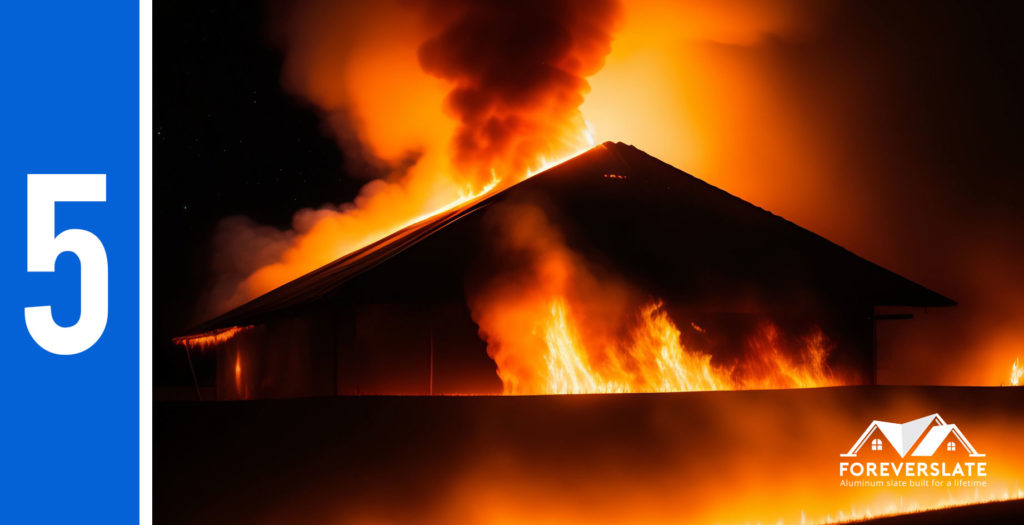
One of the primary reasons for the surge in the popularity of metal roofing is its exceptional fire resistance. In regions where the threat of wildfires looms, metal roofing has emerged as the preferred choice for many homeowners. But that’s not all:
Metal Roofs: An Energy-Efficient Choice
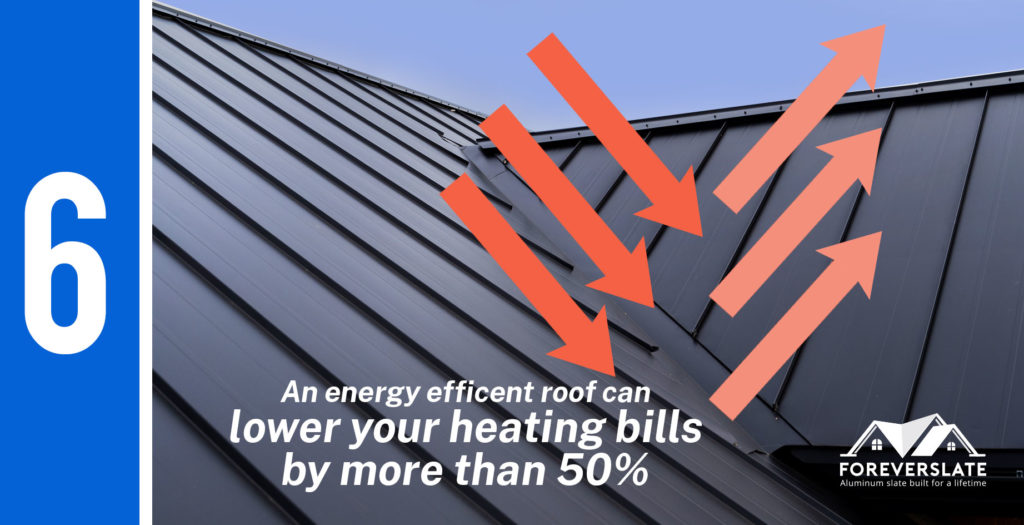
Industry studies reveal that metal roofs have the capacity to reflect solar radiant heat, potentially reducing cooling expenses by 10 to 25 percent. In climates where cooling costs outweigh heating expenses, applying a reflective coating to a metal roof can further enhance its ability to reflect heat and bolster energy savings.
Related Topic: Why Property Owners Should Consider Metal Roofing: Benefits and Features
Metal Roofing Works for Low-Slope Roofs
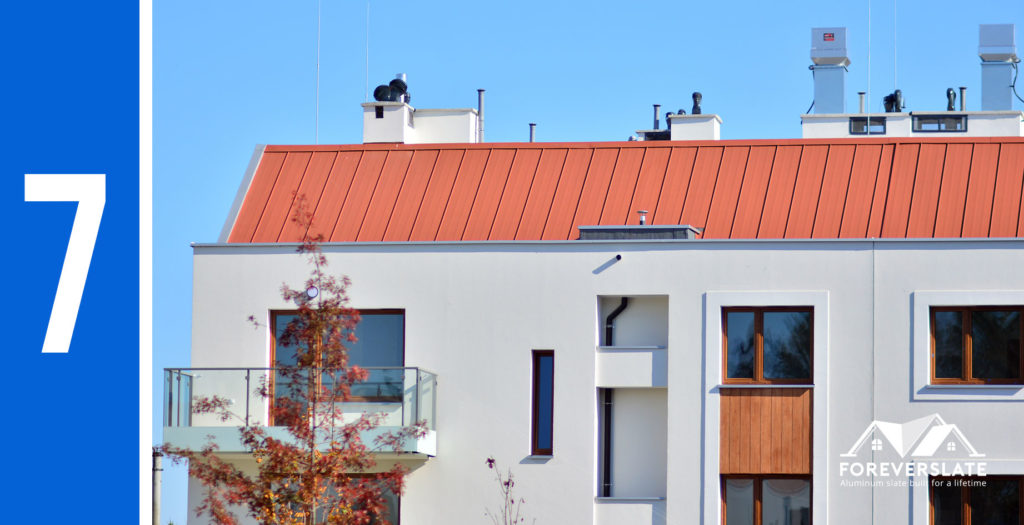
While there’s a common misconception that metal roofing is only suitable for steeply pitched roofs, standing-seam metal roofing can perform admirably on gently sloping roofs. This type of roofing features large sheets with raised seams tightly sealed to resist water infiltration. While some slope is necessary for effective water runoff, most homes can accommodate metal roofing
Hail Can Pose Challenges for Metal Roofing
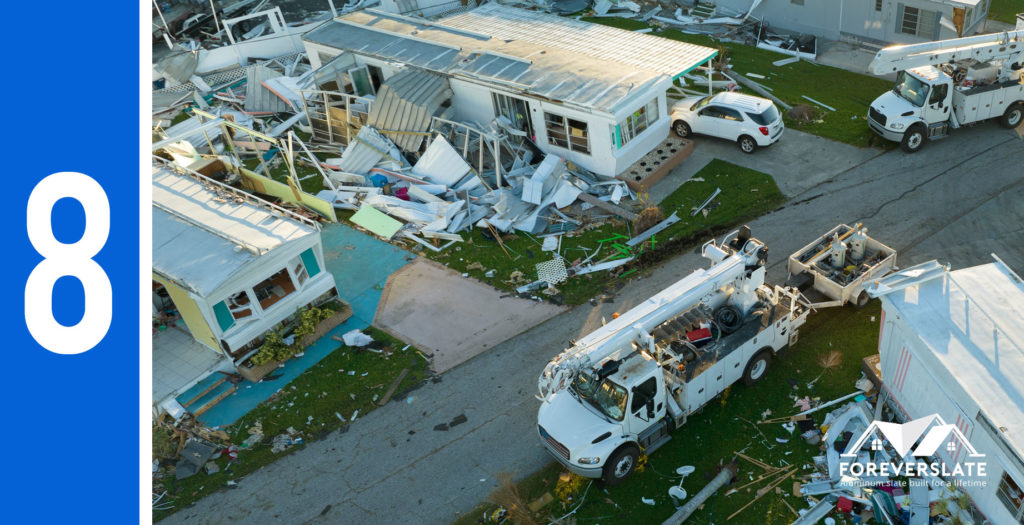
Though metal roofs are notably more durable and require less maintenance compared to asphalt shingles and other roofing materials, they are not invulnerable. There’s one particular weather condition that can be problematic for metal roofing: large hail. Aluminum and copper, in particular, can be susceptible to denting when hailstones reach golf-ball size.
Steel, being harder, tends to fare better in hailstorms. However, if you reside in an area prone to catastrophic hail, it’s important to consider this when contemplating metal roofing. While pea-sized or dime-sized hail is seldom an issue, larger hailstones have been known to cause damage to metal roofs.
It’s worth noting that large hail can also inflict damage on an asphalt shingle roof. Therefore, ensuring you have comprehensive homeowner’s insurance that covers such storm damage is essential, regardless of your roofing material choice.
Professional Installation and Repair Are Advised
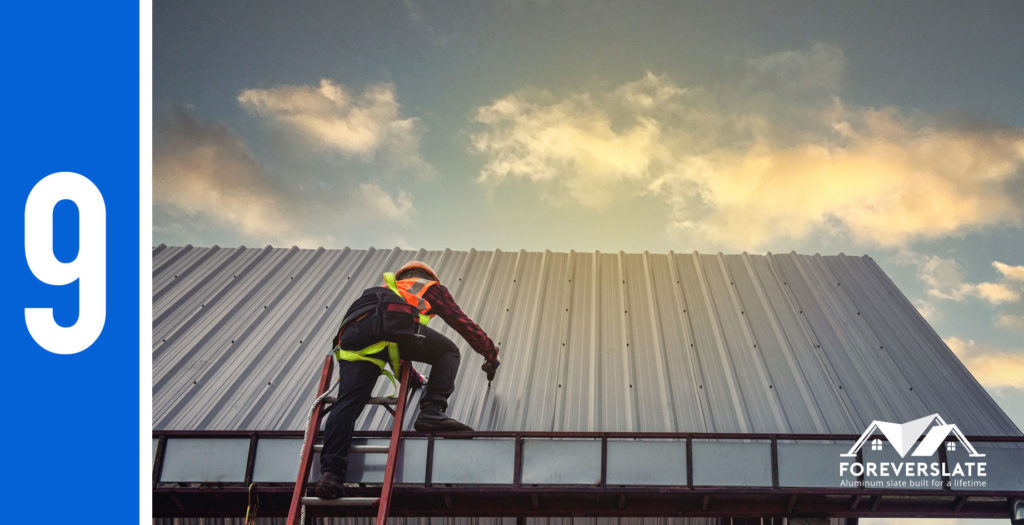
Although some DIY enthusiasts have attempted to install and repair metal roofing themselves, it’s generally not recommended. Metal roofing materials are typically available through select retailers, and the installation and repair techniques require specialized skills. If you opt for metal roofing, it’s advisable to enlist the services of a professional in case issues arise. Fortunately, problems with metal roofs are relatively rare.
Related: Why Metal Roofing is the Top Choice for Commercial Properties
Metal Roofs Can Be Reused
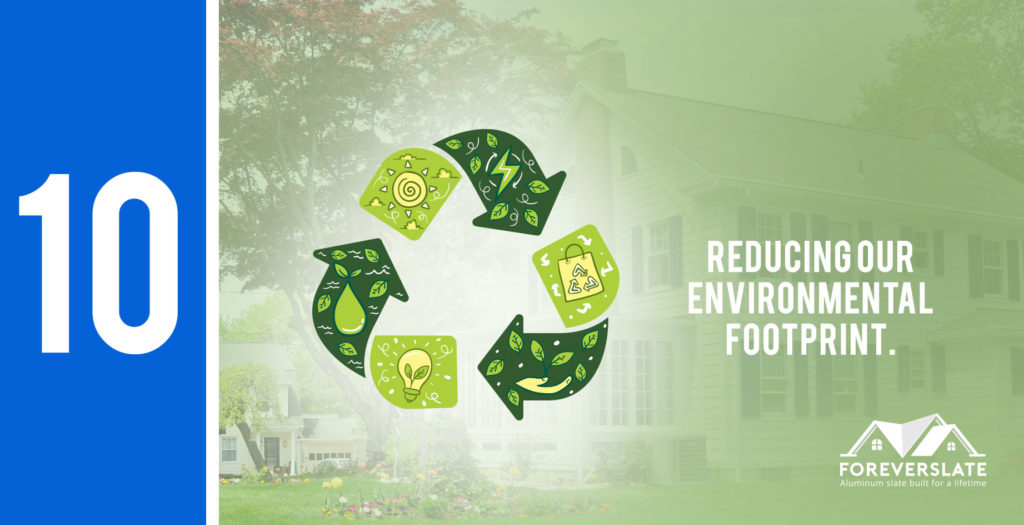
While metal roofs have an extended lifespan, they are also environmentally responsible. When it becomes necessary to replace a metal roof, the old metal can be easily recycled at metal recycling centers. In contrast, old asphalt roofing typically ends up occupying space in landfills.
GET A FREE ESTIMATE FOR METAL ROOFING